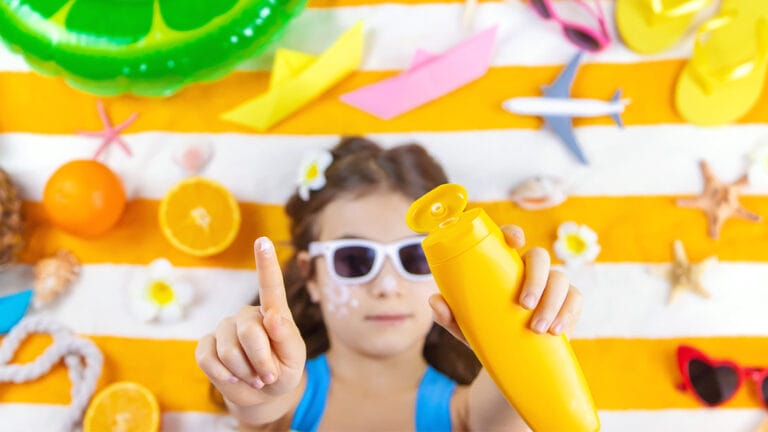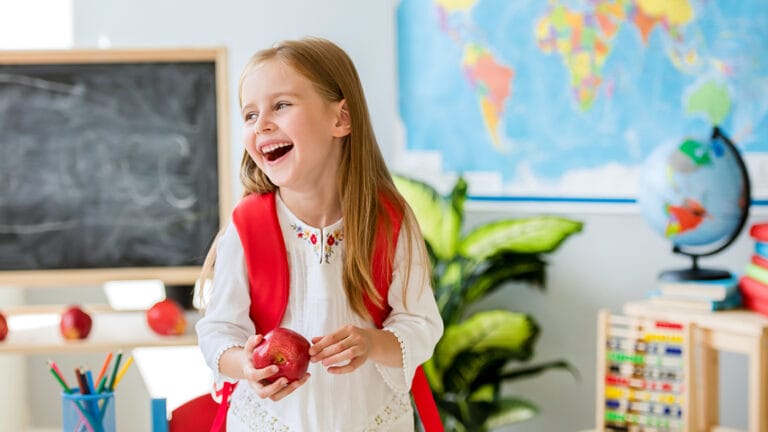I see patients of all ages for depression, but that is not always why THEY think they are coming to see me. In children and teenagers, depression likes to masquerade as symptoms you might not associate with depression. Let’s list the symptoms of depression and discuss how that might look in your child.
- Depressed mood
Kids might be full of smiles in public, but this gets at their underlying emotion. In the quiet moments when no one is watching, how do they FEEL? You can ask them, “how do you feel most of the time?” Remember that “good, bad, fine” are not adequate answers. The answer should be an emotion word: happy, sad, angry, worried, etc. - Anhedonia (not enjoying stuff that you used to enjoy)
Kids might stop hanging out with friends or joining in on family activities. They suddenly don’t care that much about their favorite book series or sport or a dance class. - Sleep changes (sleeping all the time or having a difficult time sleeping)
So much to say about sleep. I’ve already dedicated a half dozen posts to it. We’ll talk about it more again in the context of treatment. If teenagers aren’t sleeping well, the first thing I worry about is depression and/or anxiety. - Irritability
Parents and kids notice this one the most. In younger kids, this can be tantrums. In older kids, its a quick temper or talking back more sharply. When parents describe a very angry child, I worry about the child being depressed as a root cause. - Excessive guilt
People with depression can’t let small things go. They dwell on mistakes. It is difficult for them to forgive themselves. They might emotionally say things like, “I’m just so stupid. Why did I do that?” - Low energy
A lot of lounging around, lying down, and not doing stuff. It’s hard to get started on anything new. They will say, “I just don’t have any energy.” - Difficulty concentrating
Their mind wanders quickly and easily. They lose focus on conversations and in school. - Appetite changes (eating more or less than normal)
Sometimes it shifts back and forth from one to the other even in the same day. - Feeling like you are moving slowly or like you can’t stop moving
This is one of the ways that depression feels very physical. Children are more likely than adults to feel physical symptoms with their depression. They’ll complain frequently of abdominal pain (younger children) or headaches (adolescents). If those complaints seem very situational, suspect depression or anxiety. - Thoughts of suicide
We’ll discuss suicide in separate posts.
Better understand the mind of your child by listening carefully to their self-talk. What are they saying out loud about themselves? If you’re hearing, “I’m so dumb” or “Nobody loves me” or “I wish I could just die,” know that kids don’t just say those things. They are verbalizing their internal dialogue. You should listen.






